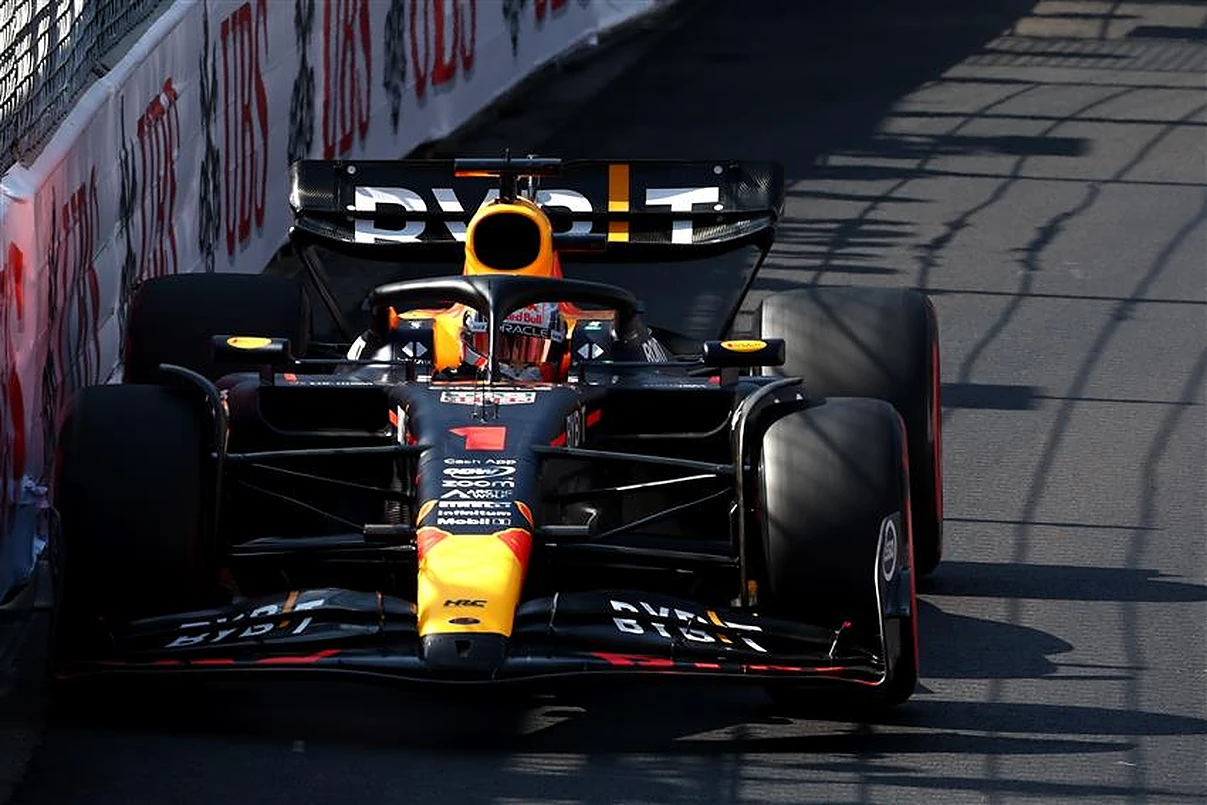Concerns over budget cap compliance in Formula 1 have resurfaced, with two leading rival teams admitting that certain loopholes in the rules need to be closed.
Last year, Red Bull and Aston Martin were found in breach, and recent rumours suggested that two or three teams are once again at risk of penalties for exceeding the permitted spending limit for the season.
Red Bull’s Dr. Helmut Marko has now suggested that the rumours are indeed true.
“Apparently, three teams could have exceeded the limit,” Marko revealed, indicating the seriousness of the situation.

Want to work in Formula 1? Browse the latest F1 job vacancies
Meanwhile, Mercedes boss Toto Wolff has been in discussions with the FIA’s budget cap inspectors to ensure compliance within his team.
The FIA issued a technical directive warning teams about the scrutiny on accounting practices between F1 teams and their engineering subsidiaries.
Complex situations arise when teams work on projects like the development of hypercars for the future, leading to challenges in calculating hours and expenses accurately.
Marko explained, “Red Bull is developing the (2025) RB17 hypercar, and there are people who work partly here and partly there.
“How do you account for that?
“There are also people with us who no longer want to travel, who no longer want the pressure of Formula 1, so we can place them in such projects.
“And if they do work in Formula 1 for a few hours, then you have to calculate those hours.”
He further highlighted that the issue of the cost ceiling is still open to interpretation and weak on factual clarity, leading to ongoing discussions among teams and F1 authorities.
As the 80-year-old top Red Bull official emphasised, improvements need to be made in this regard.
READ: Helmut Marko says he will rebuke Max Verstappen
Wolff echoed Marko’s concerns, acknowledging the complexity of assessing whether non-Formula 1 staff contribute to the performance of F1 cars.
Many teams employ thousands of people across various commercial and non-commercial projects, making it difficult for budget cap inspectors to draw clear lines between expenses.
“We have to improve that for the new regulations in 2026,” Wolff stated, indicating the need for more comprehensive and precise guidelines to ensure fairness and compliance across all teams.

